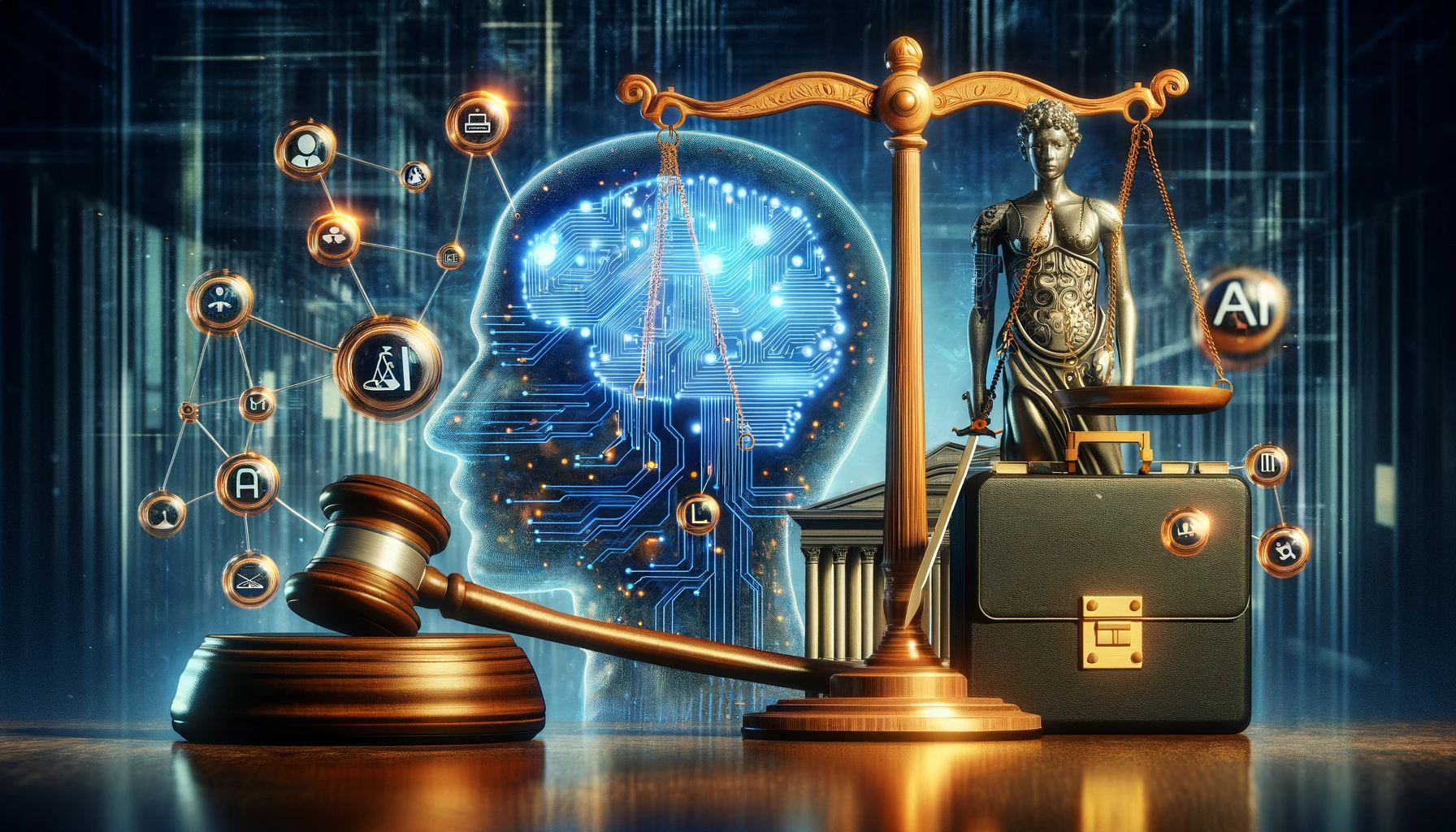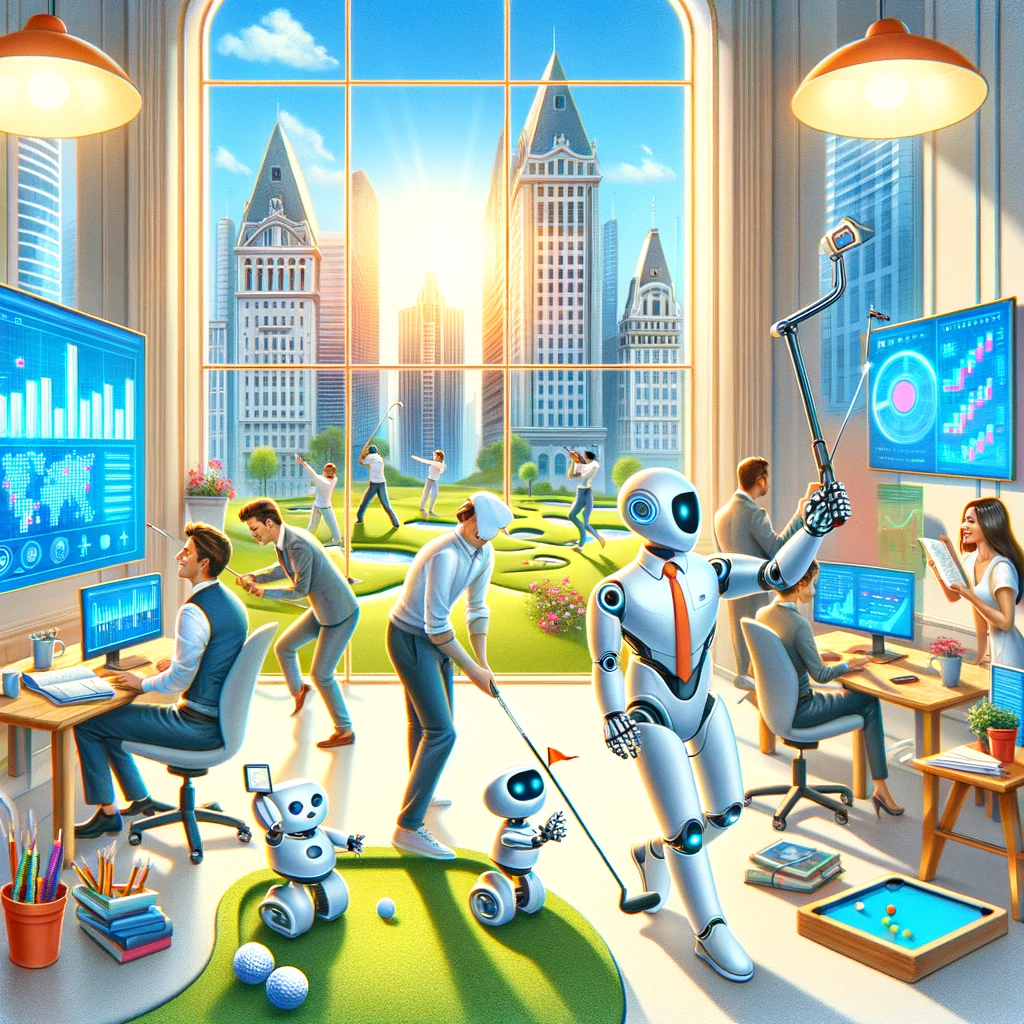The Invisible Helpers: Envisioning a Life Assisted by AI
The Invisible Helpers: Envisioning a Life Assisted by AI

Bill Gates' article on AI agents presents an intriguing vision of the future of software and AI integration. Here are the key points:
- Current Software Limitations: Gates notes that despite advances, current software still requires specific applications for different tasks and has a limited understanding of personal context and needs.
- Emergence of AI Agents: In contrast, AI agents will understand natural language and perform various tasks across applications, becoming more personalised and efficient over time.
- Comparative Advancement over Past Attempts: Unlike previous digital assistants like Clippy, these agents will be capable of nuanced conversations and complex task management, representing a significant leap in technology.
- Personalisation and Convenience: Agents will tailor services based on individual preferences, schedules, and relationships, offering personalized assistance in various aspects of life.
- Democratisation of Services: Gates anticipates that AI agents will make services like travel planning, health care, and education more accessible and affordable, especially in areas like mental health and personalized learning.
- Enhanced Productivity Tools: These agents will integrate with productivity software, providing comprehensive assistance in tasks like business planning and meeting coordination.
- Entertainment and Shopping: AI agents will evolve beyond making recommendations to actively assisting in actions like purchasing and media consumption.
- Agents as the Next Computing Platform: Gates envisions AI agents becoming the new platform in computing, akin to current operating systems but more integrated into everyday activities.
Bill Gates' vision for AI agents is ambitious and paints a future where technology seamlessly integrates into our daily lives, enhancing convenience, accessibility, and efficiency. His emphasis on personalization and the ability to understand and execute tasks across various applications is a significant step forward from current AI capabilities. The concept of AI agents as a new computing platform is particularly compelling, suggesting a paradigm shift in how we interact with technology.
However, there are several considerations and potential challenges that need to be addressed:
1. Privacy Concerns: The functionality of these agents hinges on access to vast amounts of personal data. This raises significant privacy concerns, especially regarding data security and misuse. Gates mentions the need for user permission, but the extent and granularity of data control remain unclear. Balancing personalization with privacy will be a critical challenge.
2. Ethical Implications: AI agents making decisions or suggestions based on personal data could lead to ethical dilemmas. There's a risk of reinforcing biases, especially in sensitive areas like mental health and healthcare. Ensuring these agents are trained on diverse, unbiased datasets and have ethical guidelines in place is essential.
3. Dependence on Technology: This vision could lead to an over-reliance on AI for everyday tasks, potentially diminishing human decision-making skills and interpersonal interactions. The balance between AI assistance and human autonomy needs careful consideration.
4. Accessibility and Digital Divide: While Gates suggests AI agents will democratise services, there's a risk that they might widen the digital divide. Access to advanced AI might be limited to those with the latest technology, leaving behind individuals with limited resources.
5. Complexity of Human Context: Understanding human context and nuances is an immense challenge for AI. While Gates' vision is optimistic, the practical implementation of these complex, context-aware systems may face significant hurdles in accurately interpreting and responding to human needs and emotions.
6. Integration Across Platforms and Services: The idea of an AI agent working seamlessly across various platforms and services is appealing but might face practical challenges in integration and standardisation. Collaboration across different tech companies and platforms will be crucial.
7. Impact on Jobs and Economy: The widespread adoption of AI agents could have a substantial impact on the job market, particularly in sectors like customer service and personal assistance. While they could enhance productivity, they might also lead to job displacement, necessitating strategies for workforce adaptation and retraining (see my previous post).
While Bill Gates' vision of AI agents offers a futuristic and enhanced way of interacting with technology, realising this vision will require addressing significant challenges related to privacy, ethics, human autonomy, accessibility, technical feasibility, and economic impact. The potential benefits are vast, but they must be weighed against these critical considerations to ensure responsible and equitable advancement in AI technology.





